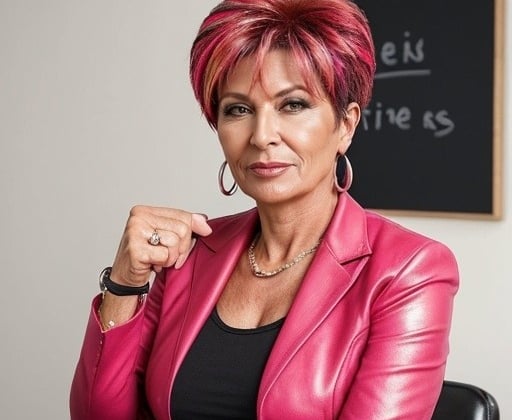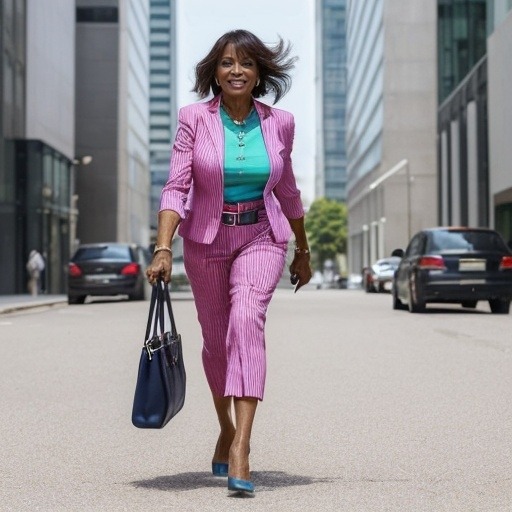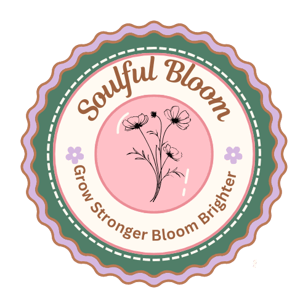Join our newsletter to receive 10 Steps to Embrace Midlife with Confidence Guide
Breaking the Silence and Embracing Midlife
Discover why society stigmatizes aging in women and how this taboo impacts self-esteem and visibility. Learn how women challenge age-related stereotypes and embrace empowerment, wisdom, and beauty at every stage of life. Break the silence and celebrate aging with confidence.
Kymm Dracup
12/8/20244 min read
Why Society Makes Women Aging a Taboo: Breaking the Silence and Embracing Midlife
Aging is a natural part of life, but for women, it often comes with an unspoken stigma. In many cultures, the process of growing older is not only feared but also shrouded in silence, particularly when it comes to women. This taboo around aging creates a sense of shame, insecurity, and even invisibility for many women, especially as they move past certain societal expectations. But why is aging such a taboo for women, and how can we shift the narrative to create a more inclusive and empowering view of growing older?
The Cultural Obsession with Youth
From a very young age, women are bombarded with messages about beauty and youth, often associating the two with value and success. Advertisements, movies, and even social media platforms perpetuate this idea by constantly showcasing youthful beauty as the ideal. This cultural obsession with youth often leads to the belief that once women reach a certain age, they become less relevant, less desirable, or less capable. The idea that aging diminishes a woman’s worth has been deeply ingrained in our collective psyche.
In contrast, men seem to be given a pass when it comes to aging. Society often celebrates older men as wise and distinguished, while women are expected to maintain an appearance of perpetual youth. This double standard creates immense pressure for women to “fight” aging rather than embrace it.
The Fear of Losing Relevance
One of the primary reasons society has created such a stigma around aging for women is the fear of losing relevance. As women age, they often feel like they no longer fit into the mold of the “ideal woman” as defined by society. This is especially true in industries like fashion, entertainment, and even corporate settings, where youthfulness is often prioritized. Women are conditioned to believe that their appearance and vitality define their value, which can lead to a constant struggle to stay relevant.
However, this mindset is slowly changing as more women are stepping into positions of power and influence later in life. The rise of female leaders, entrepreneurs, and creators in their 50s and beyond is proving that women can remain vibrant, capable, and relevant at any stage of life.
The Invisibility of Older Women
Another consequence of the taboo surrounding aging is the social invisibility that many older women experience. As women age, they often feel pushed aside, overlooked, or dismissed. The spotlight that once shone on their youthful energy, looks, and ambitions begins to fade, and with it, so does their sense of importance in society.
This invisibility is particularly felt in areas like the workplace, where older women may find themselves passed over for promotions or opportunities. The beauty and fashion industries also contribute to this by rarely featuring older women in advertising campaigns or runway shows. As a result, women may feel less seen, valued, or understood as they grow older.
Embracing Aging: Changing the Narrative
Fortunately, the tide is beginning to turn. More women are challenging these outdated views on aging, and they're leading the charge toward a more inclusive and empowering narrative. Women are embracing their gray hair, wrinkles, and changing bodies, and they’re encouraging others to do the same. This shift is being seen in various forms, from the rise of body-positive movements to the popularity of social media influencers who celebrate aging.
For example, women like Helen Mirren, Jane Fonda, and Meryl Streep have become icons not only for their acting careers but also for their unapologetic embrace of aging. They remind us that aging doesn’t mean becoming irrelevant or invisible; instead, it’s an opportunity to gain wisdom, strength, and confidence.
The Role of Social Media in Shifting Perceptions
Social media has played a pivotal role in changing the conversation around aging. Platforms like Instagram and TikTok have allowed older women to share their stories, style, and journeys of self-acceptance. The rise of “ageless” influencers who celebrate their age and challenge the beauty industry’s standards has helped normalize the idea that aging is beautiful.
These women are redefining what it means to be an older woman in today’s world. They show that beauty comes in all ages, and they’re teaching their followers to appreciate the unique qualities that come with growing older. In a sense, social media has given women the platform to celebrate their aging and challenge the conventional beauty standards that have long dictated how women should look.
Aging as a Journey of Empowerment
Rather than viewing aging as something to be feared, it should be seen as a journey of empowerment. Aging brings with it a wealth of experiences, lessons, and growth. Women who embrace their age can feel more confident in their own skin, knowing that their value is not tied to their appearance or youth.
As women age, they often become more comfortable with who they are, shedding the expectations placed upon them by society. They are free to pursue their passions, take risks, and live authentically. This self-assurance is something that younger women often envy, making midlife a time of true empowerment and liberation.
Challenging Beauty Standards and Redefining Success
It’s time to challenge the narrow beauty standards that society has placed on women and redefine success in a way that includes women of all ages. Aging is not a decline but a natural progression, a stage of life that should be embraced, celebrated, and respected.
There’s a growing movement to include older women in all aspects of society, from fashion to entertainment to politics. With brands beginning to feature older women in their campaigns and movies casting actresses of all ages, the tide is slowly turning. These changes are paving the way for a future where women are no longer made to feel ashamed of their age but are instead celebrated for the wisdom, strength, and beauty that come with it.
Conclusion: Age Is Just a Number
The taboo around aging for women is slowly being dismantled, but there's still work to be done. By continuing to challenge societal norms, support women at all stages of life, and celebrate aging as a natural part of the human experience, we can help create a world where women feel empowered and valued, no matter their age.
As more women embrace aging and challenge the narratives that have held them back, the world will begin to see that age is just a number—and that women, no matter how old, are powerful, beautiful, and deserving of respect. It’s time to break the silence, embrace our years, and show the world that we are just getting started.




